The Institute of Wellbeing (IWB) is a Bangladeshi NGO located in Dhaka. IWB was founded in 2013 to promote the ideas in Beyond Apologies, Defining and Achieving an Economics of Wellbeing, written by the Institute of Wellbeing’s Executive Director, Debra Efroymson.
Wellbeing is about having what we need in order to thrive, not just survive. Everyone needs their basic needs met; beyond that, we all need the possibility to live happy, fulfilled lives. This includes living in less polluted environments, having access to attractive open public spaces, having strong communities, and having trust in our governments and each other.
At IWB, we believe that there is enough wealth in the world so that nobody need live in abject poverty, but that those at the bottom will never have enough unless wealth is capped at the top. We believe that no generation has the right to destroy the environment for current and future generations,
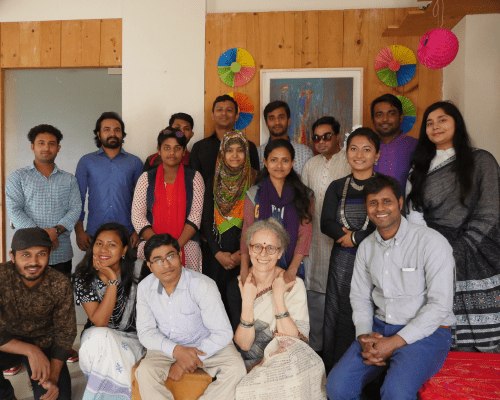
and so environmental concerns must take center stage rather than being viewed as secondary to economic growth. We believe in the importance of celebrating diversity in workplaces and community, and therefore arrange various events to bring together diverse people as well as maintaining a diverse workforce.
IWB seeks to increase wellbeing in society through encouraging young people—mostly university students—to retain their idealism and gain skills in activism. All of the activities of IWB are rooted in the approach to economics laid out in Beyond Apologies.
The Institute of Wellbeing seeks to build a network of people who actively challenge existing notions about economics and who wish to live in a world in which people use and share resources wisely and fairly.
Given a planet with limited resources and a limited capacity to absorb waste, it is important that we reduce resource use and seek direct approaches to improve wellbeing. This requires reducing inequality.
Rather than make choices between health, the environment, and economics, we seek to promote solutions that will improve all three: healthier people, a less polluted environment, and strong local economies, as well as vibrant communities and happier people.
IWB’s vision is a world in which people value nature, the environment, and wellbeing for all rather than the acquisition of ever-increasing and polluting stuff for the few; nobody is either obscenely rich or terribly poor; and people are valued for their diverse perspectives and modes of being, rather than all expected to fit into a similar mold. In IWB’s vision, economics is used to meet everyone’s basic needs in ways that restore rather than harm the environment, and pleasure and happiness are generated through attractive public space, access to nature, and strong communities. This vision includes educated, active people who work to achieve a better society for all.
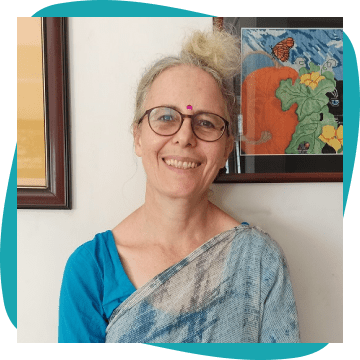
Institute of Wellbeing Bangladesh
Debra Efroymson is Senior Advisor of the Canadian NGO HealthBridge, advisor to Work for a Better Bangladesh Trust, and co-founder and Executive Director of the Institute of Wellbeing. Debra has lived and worked in Asia since 1994. She has written about and spoken extensively on the issues of tobacco control, sexuality and reproductive health, urban planning, transport policy, and economics. In her book Beyond Apologies: Defining and Achieving an Economics of Wellbeing, she addresses thirteen major myths about economics, including that economic growth is vital and that GDP says something meaningful about people’s wellbeing. In addition to busting each myth, she provides suggestions for a better way to look at each issue and ideas on activism. The book draws on her many years of research as well as personal experience guiding policy-oriented research and advocacy across Latin America, Africa and Asia.
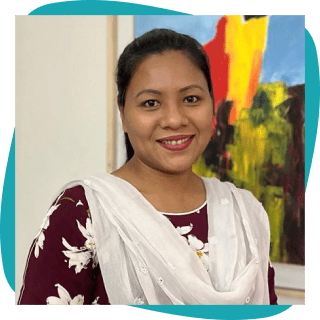
Institute of Wellbeing Bangladesh
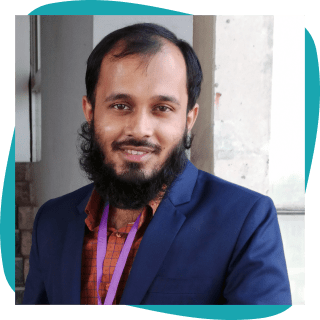
Institute of Wellbeing Bangladesh
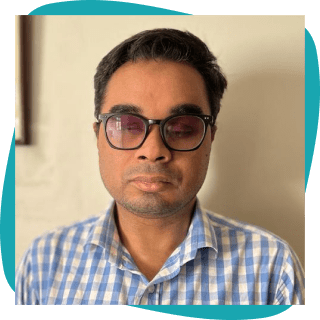
Institute of Wellbeing Bangladesh
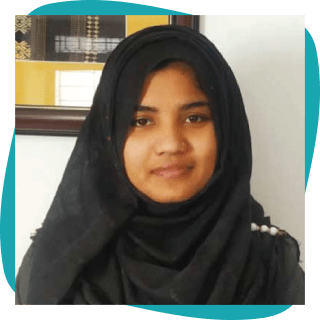
Institute of Wellbeing Bangladesh

